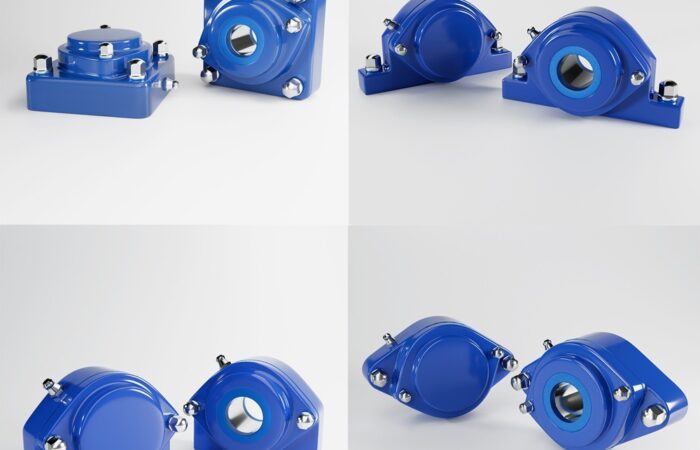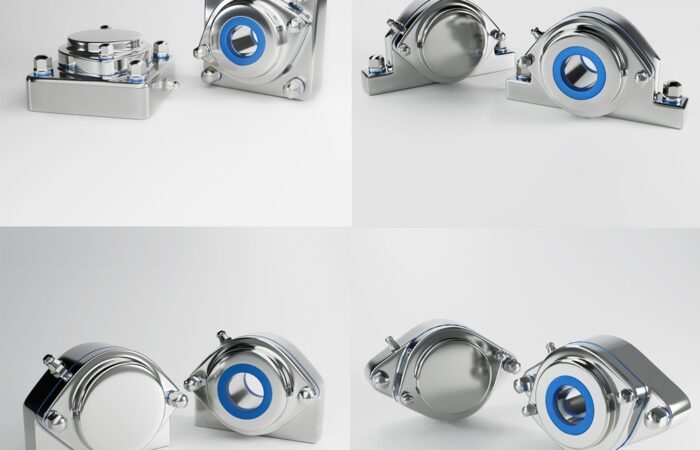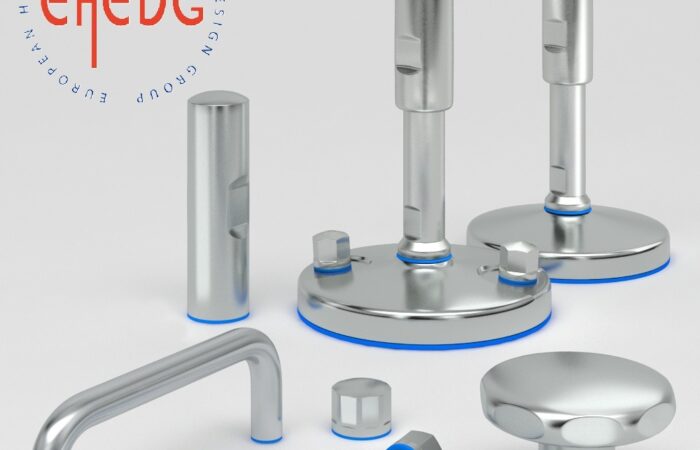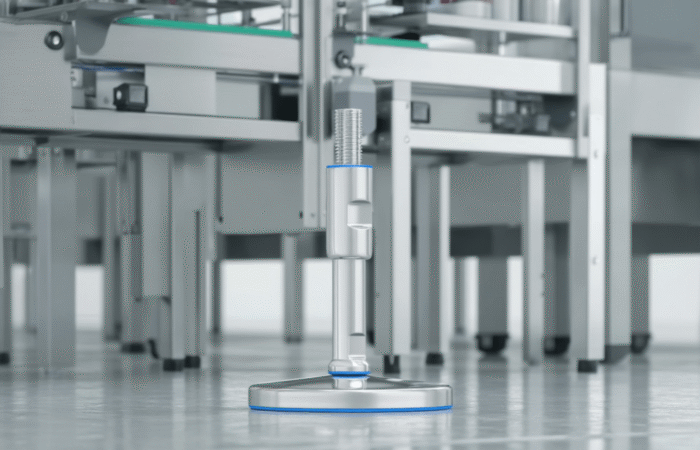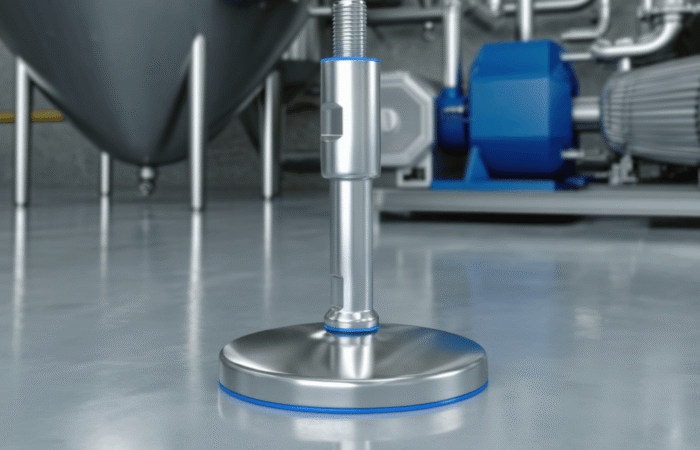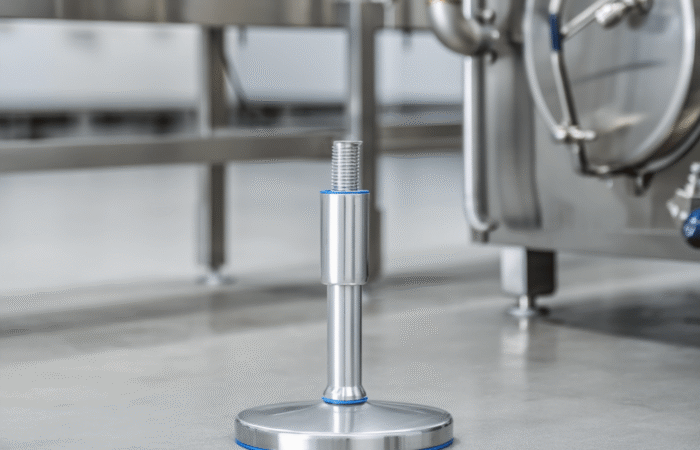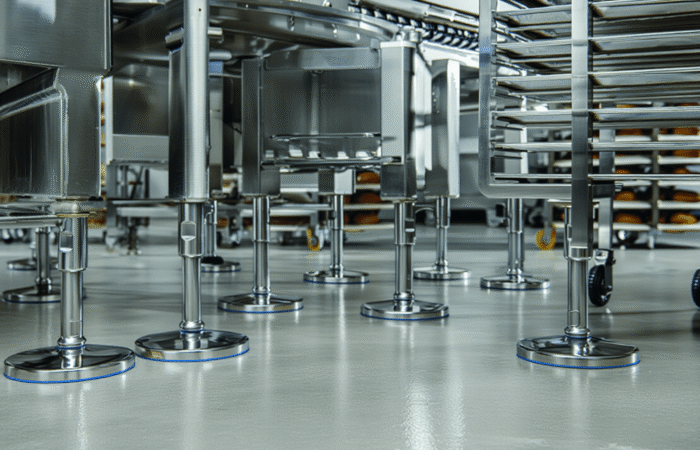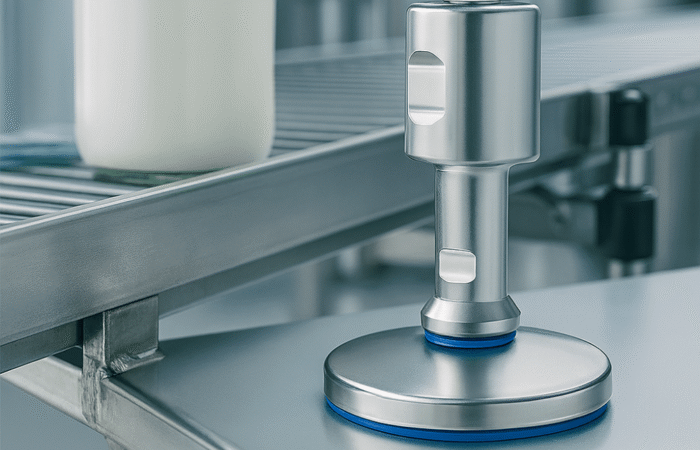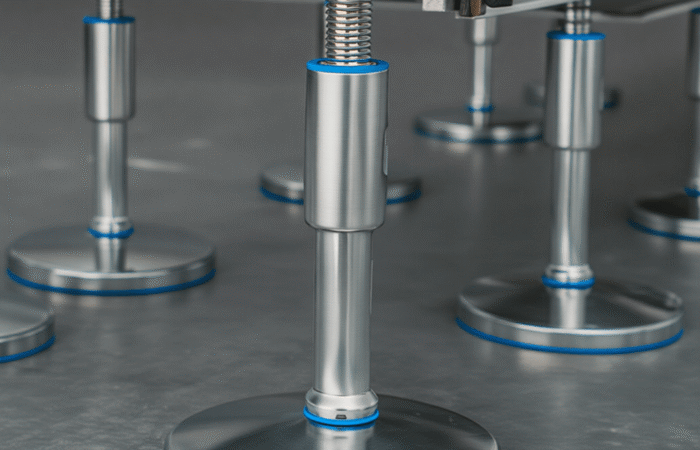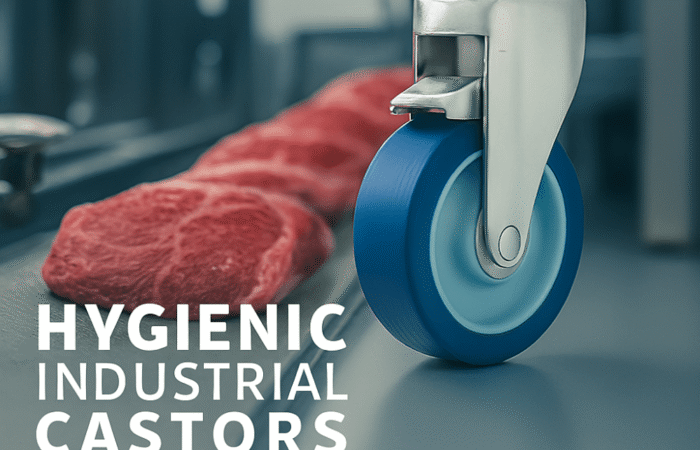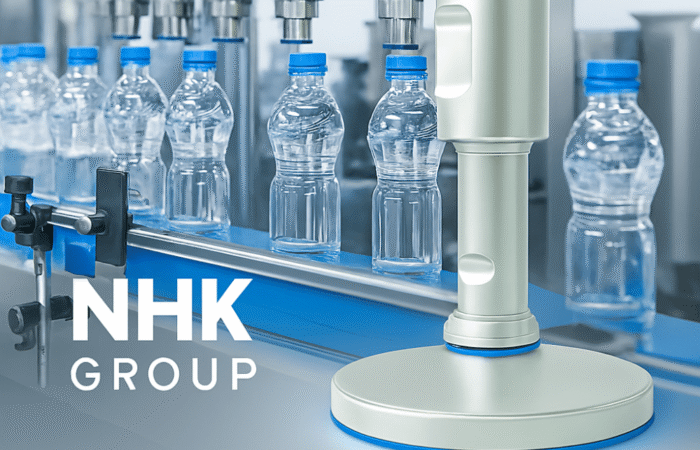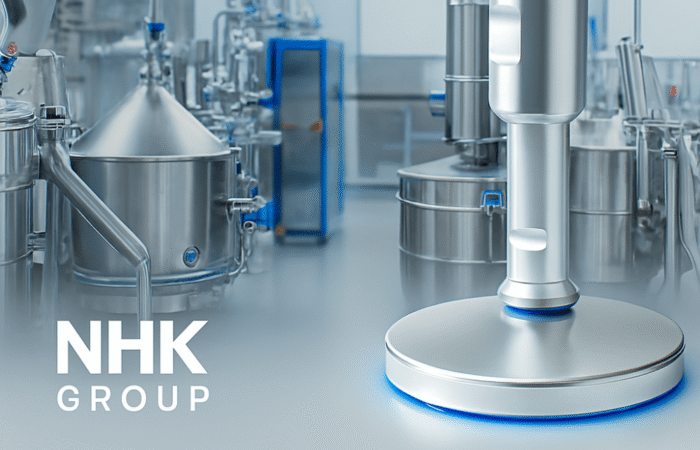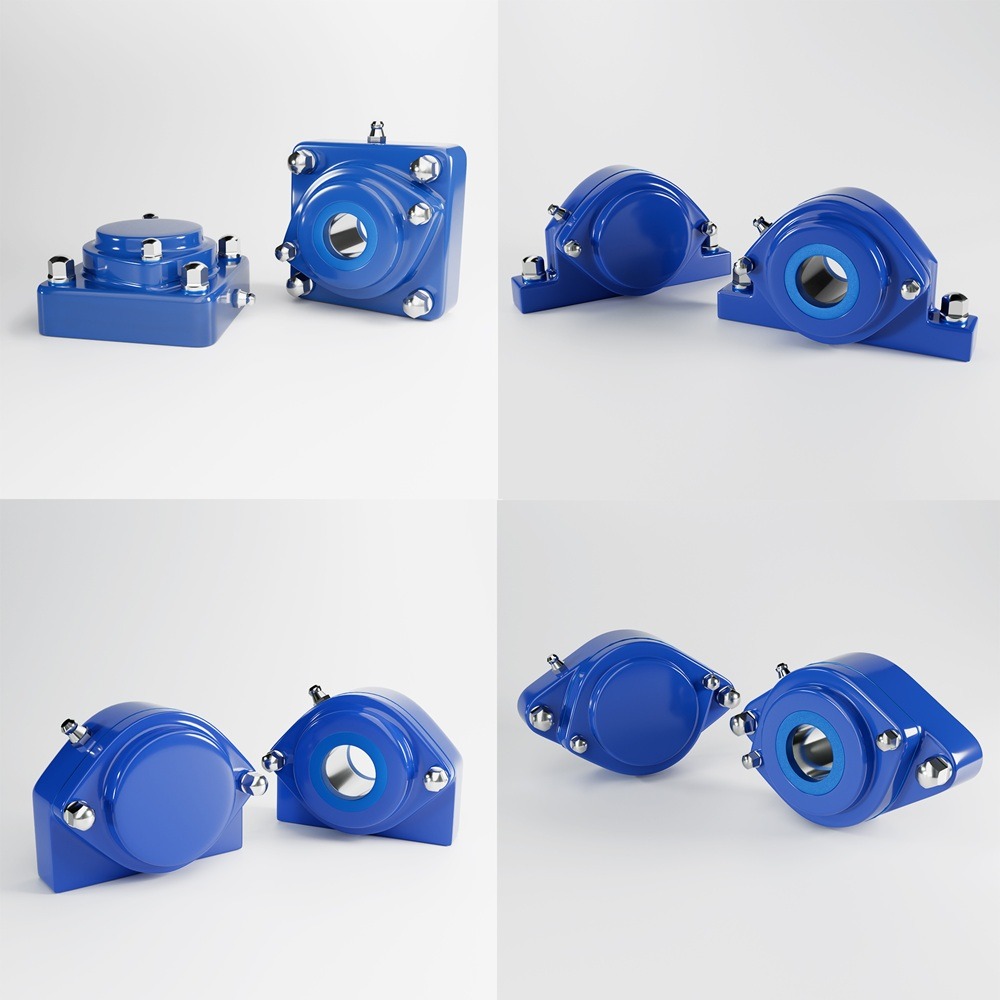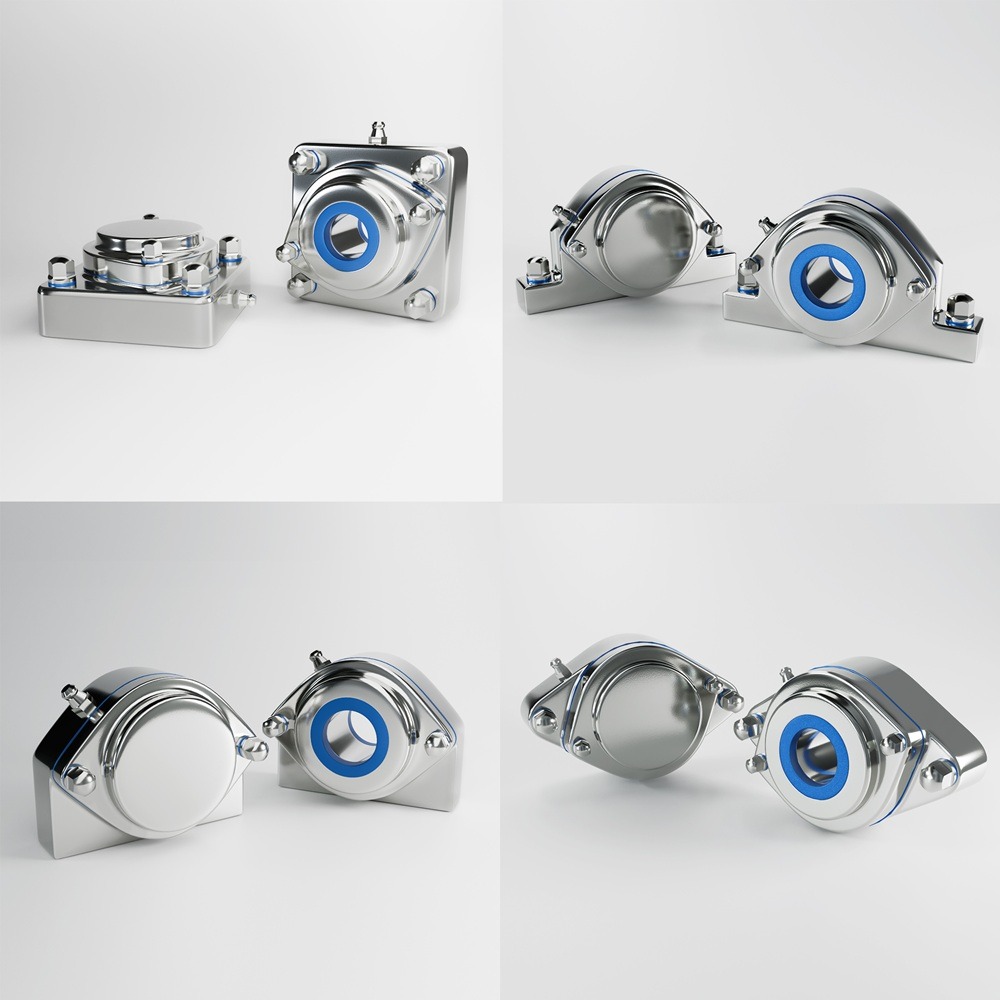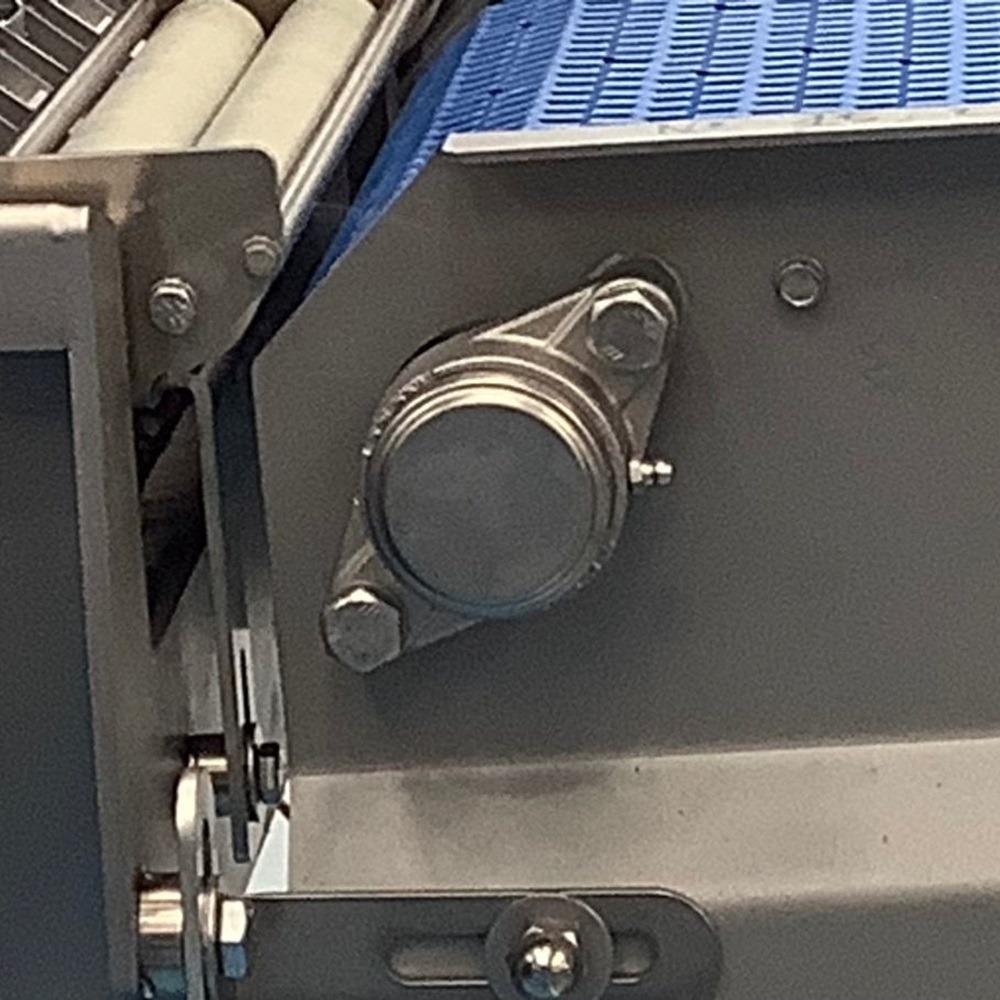
Fruit and Vegetable Processing
The fruit and vegetable processing industry is crucial for preserving the nutritional value and extending the shelf life of fresh produce. From canned fruits to frozen vegetables, the demand for processed produce is on the rise, making it essential for food processors to implement high-quality, hygienic equipment. Ensuring food safety and maintaining sanitary conditions are top priorities in this sector. Therefore, hygienic machinery components and sanitary conveyor parts play a vital role in keeping the production lines efficient, compliant, and safe. This article will explore the various applications, common equipment, and key considerations for maintaining optimal hygiene in fruit and vegetable processing facilities. Hygiene is of utmost importance in the fruit and vegetable processing industry due to the high risk of contamination. The nature of raw produce makes it susceptible to microbial growth, pesticides, and other contaminants that can compromise food safety. Consequently, any equipment used in these processes must meet strict sanitary standards. Hygienic machinery components and sanitary conveyor parts minimize the risk of cross-contamination and ensure that the final products are safe for consumption. Implementing these components goes beyond meeting regulatory requirements; it also ensures that food quality is preserved throughout the processing stages. Using sanitary equipment reduces the need for frequent cleaning shutdowns, which can improve overall productivity and profitability. Hygienic components and sanitary conveyor parts are essential in several key processing applications within the fruit and vegetable industry. These applications include: To ensure compliance and optimal performance in fruit and vegetable processing, manufacturers must consider several factors when selecting hygienic machinery components and sanitary conveyor parts: Hygienic machinery components and sanitary conveyor parts are indispensable in the fruit and vegetable processing industry. They help maintain food safety, prevent contamination, and ensure product quality. From peelers and slicers to dewatering machines and bottling lines, choosing the right components is critical for optimizing hygiene and productivity. By investing in high-quality, sanitary equipment, fruit and vegetable processors can safeguard their operations and deliver safe, high-quality products to consumers. Industrial machinery requires precision-engineered components that meet exacting standards for durability, safety, and performance. This comprehensive guide explores the essential machinery parts that drive modern manufacturing across food processing, packaging, and chemical industries. Understanding the difference between Bearing Housings and Flange Mounted Units is crucial for engineers and procurement professionals seeking to optimize equipment longevity. Pillow block bearings, also known as plummer blocks, are self-aligning bearing units that simplify installation and significantly reduce maintenance costs. These versatile components mount on machine frames and support rotating shafts with exceptional precision, ensuring smooth operation in demanding industrial environments. Flange bearing units offer a more compact alternative, featuring integrated flanges that enable direct mounting to flat surfaces without additional hardware. Both designs come in various materials, including stainless steel grades optimized for corrosive environments and food-grade applications where hygiene is paramount. The importance of material selection cannot be overstated in machinery design. 440 Stainless Steel and 420 grades offer distinctly different properties suited to specific applications and environmental conditions. The 440 stainless steel variant provides superior hardness and exceptional edge retention, making it ideal for cutting tools and high-wear applications requiring maximum durability. Meanwhile, 420 stainless steel offers better corrosion resistance and is preferred in food processing equipment where chemical exposure is common. Hygienic stainless steel components have become essential in food machinery, meeting EHEDG standards and facilitating rapid equipment cleaning required in modern food production facilities. Understanding ingress protection ratings is equally critical for machinery durability and operational reliability. IP67 rating ensures protection against dust and temporary water immersion, while IP68 rating provides complete dust protection and sustained water immersion capabilities for submerged operations. The IP69K standard represents the highest protection level, specifically designed for high-pressure wash-down environments found in industrial food processing facilities. These ratings define how effectively machinery components withstand environmental challenges and maintain performance. Modern industrial facilities increasingly demand equipment that combines high performance with ease of maintenance and sanitation. The choice between different bearing types depends on operational requirements, environmental conditions, and budget constraints. Proper component selection ensures extended equipment lifespan, reduced downtime, and improved operational efficiency.Hygienic Machinery Components and Sanitary Conveyor Parts in Fruit and Vegetable Processing
The Importance of Hygiene in Fruit and Vegetable Processing
Applications in Fruit and Vegetable Processing
Common Equipment Used in the Fruit and Vegetable Processing Industry
Key Considerations for Hygienic Machinery and Conveyor Systems
Hygienic Machinery Components and Sanitary Conveyor Parts in Fruit and Vegetable Processing
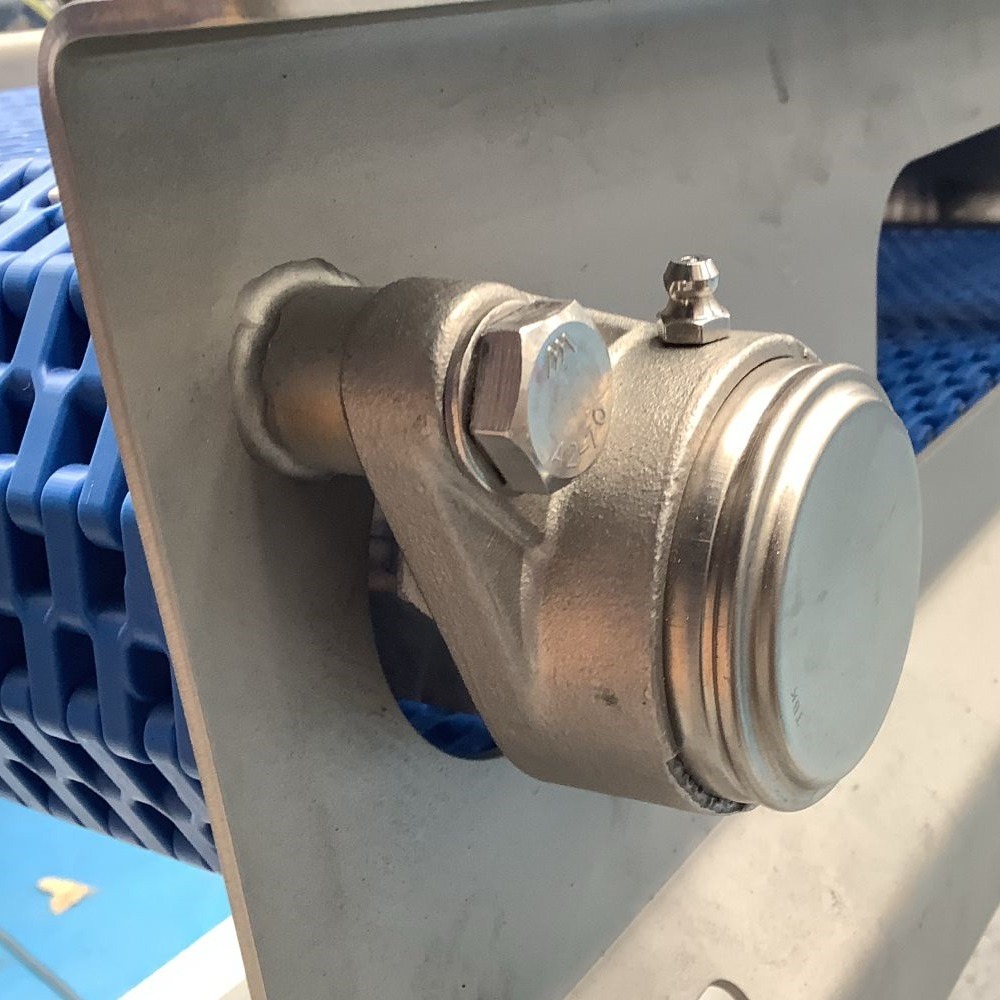
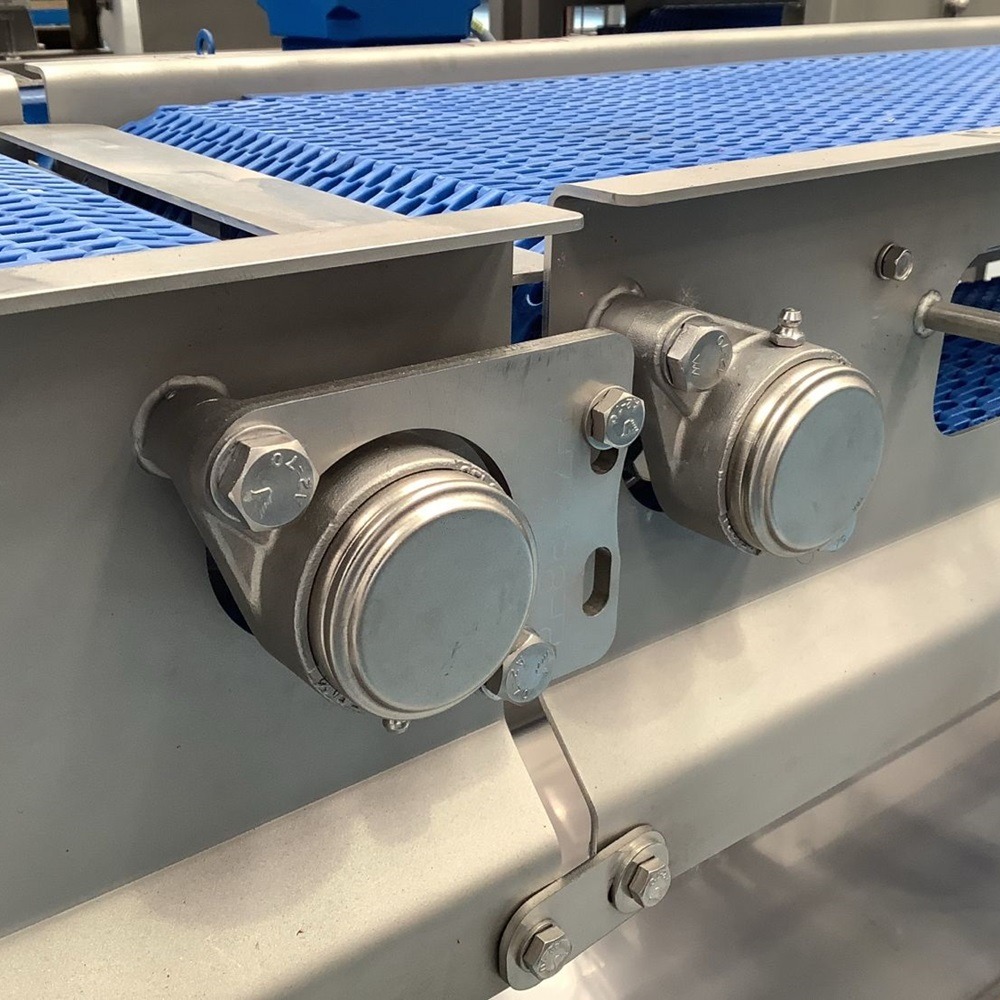
Contact
Understanding Machinery Components & Protection Standards
